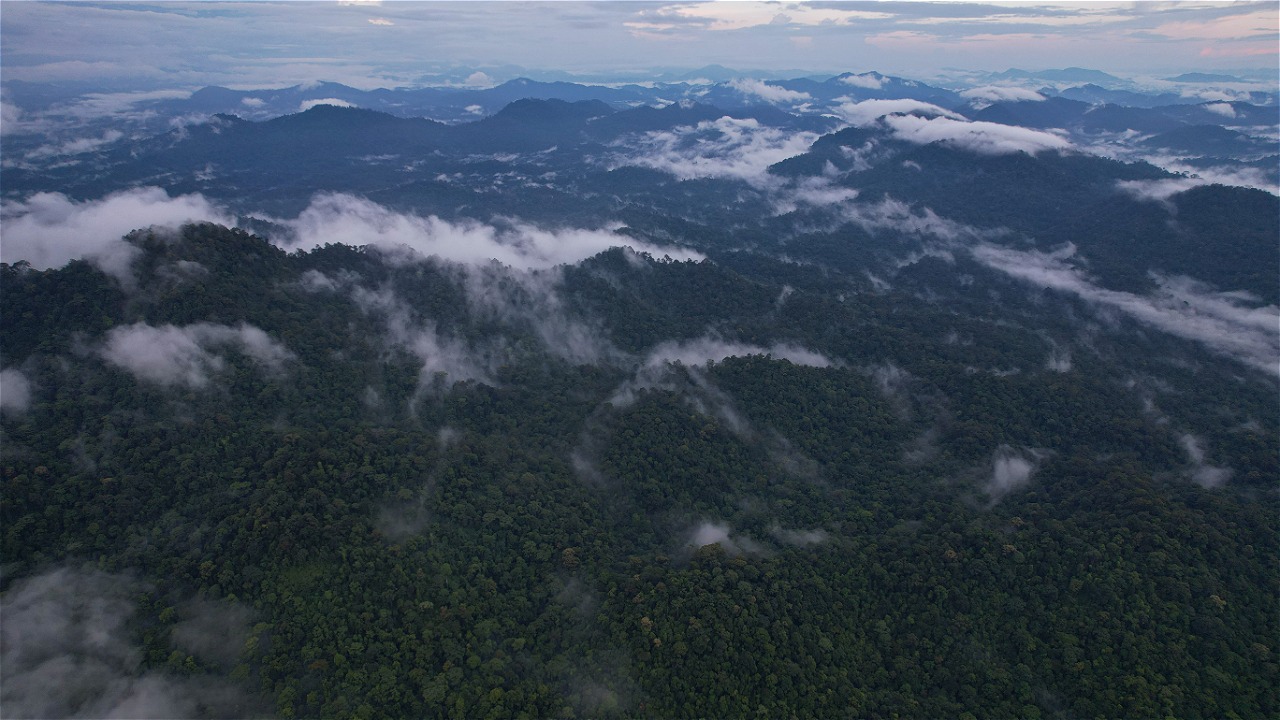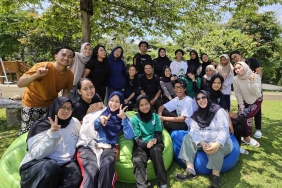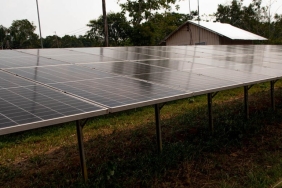YOUTH AND SUSTAINABLE DEVELOPMENT
By: Hijrah Nasir, Communication and Education Officer WWF Indonesia, Southern Sumatra Program
Youth is an important milestone in development. Soekarno, the first president of Indonesia, once said, "Give me 10 young people and I will change the world". Indonesia is a country with a large number of youth. 1/3 of Indonesia's population or 65 million are young people. So they are an important potential in encouraging sustainable development in Indonesia. Unfortunately, this great potential has not been widely utilized in the management of existing natural resources due to limited knowledge and skills.
Therefore, the concept developed in Education for Sustainable Development, one of which is to encourage youth to take a role in sustainable resource management. Through the ESD program, WWF conducts training to increase the capacity of young people in natural resource management to meet the needs of humans today and future generations.
WWF Indonesia involved youth who live adjacent to Bukit Barisan Selatan National Park in Ulubelu District, Tanggamus, Lampung Province. The training with the theme "Education for Sustainable Development: Youth and Local Resource Management" took place from March 26-29, 2018 at Ngarip Village Hall, Ulubelu. The training was attended by 26 people from 4 villages namely Ngarip, Datarajan, Sukamaju, and Karangrejo. 3 of these villages are villages that are assisted by WWF Indonesia through the Education for Sustainable Development program.
The purpose of this training is to increase the capacity of youth in managing local resources independently and sustainably, increasing youth participation in the development of Education for Sustainable Development, as well as strengthening community businesses, especially youth communities.
For 4 days the youth learned about conservation issues by looking deeper into the role and function of humans in life. This material was facilitated by Chairul Saleh from WWF Indonesia. Other materials were interpersonal communication and mapping the potential of local resources including natural resources, artificial resources, economic and socio-cultural resources delivered by Heri A.S. In addition, participants also learned about green entrepreneurship and its relation to education for sustainable development presented by Rini R. Andriani from WWF Indonesia.
On this occasion, some WWF facilitators who are local residents of the village were invited to share their experiences with the youth about community empowerment activities that have been carried out so far, especially in the fields of organic farming and green entrepreneurship. They shared knowledge about agricultural and entrepreneurial efforts that have been developed that encourage the concept of sustainable development.
In addition, participants were also invited to conduct field observations to locations that have been assisted by WWF, including palm sugar business groups, Srikandi Cooperatives that produce coffee powder and organic vegetable groups driven by village women, and agroforestry groups that carry out forest restoration efforts and develop goat milk businesses. These field observations are expected to inspire youth to build businesses in the village for sustainable natural resource management. At the end of the session, youth groups in each village learned to make a project plan that will be worked on for 3 months after the implementation of this training.





